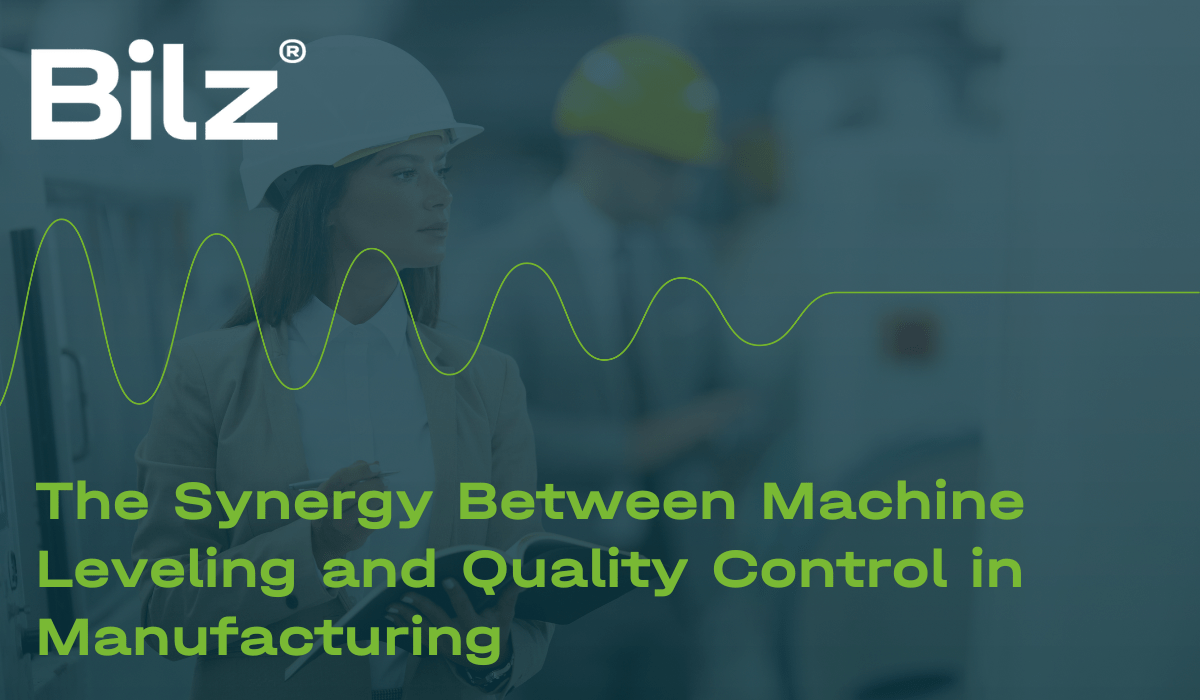

In the complex ecosystem of manufacturing, precision and consistency are the cornerstones of quality control. Machine leveling, a fundamental yet sometimes overlooked process, plays a critical role in ensuring that production lines not only operate efficiently but also produce items that meet stringent quality standards. This blog post explores the synergy between machine leveling and quality control in manufacturing, illustrating how integrating these processes can lead to superior product quality, reduced waste, and enhanced operational performance.
Machine leveling sets the stage for precision in manufacturing processes. Properly leveled machines are crucial for the accurate alignment of parts, uniform application of forces, and the stable operation of machinery. This precision is essential for achieving the tight tolerances and consistent quality demanded in today’s competitive markets.
Vibrations and uneven wear on machinery can lead to significant quality control issues, including variations in product size, shape, or finish. Machine leveling addresses these challenges by distributing forces evenly across the machine, reducing vibrations, and preventing uneven wear.
Regular maintenance and calibration are vital for maintaining the high performance of manufacturing equipment. Machine leveling plays a key role in making these processes more efficient and effective. A well-leveled machine is easier to inspect, maintain, and calibrate, ensuring that it remains in peak condition.
Process control is essential for maintaining the quality of manufactured products. Machine leveling contributes to this by providing a stable base for process monitoring and adjustments. When machines are properly leveled, sensors and control systems can operate more effectively, providing accurate data for process optimization.
Advancements in technology, such as IoT (Internet of Things) sensors and AI (Artificial Intelligence), are making it easier to integrate machine leveling with quality control systems. These technologies provide real-time monitoring and automated adjustments, ensuring machines are always operating at their optimal level for quality production.
The synergy between machine leveling and quality control is a testament to the intricate balance required in modern manufacturing processes. By ensuring machines are precisely leveled, manufacturers can enhance their quality control efforts, resulting in superior product quality, reduced waste, and improved operational efficiency. As technology continues to advance, the potential for even greater integration between these critical processes offers promising avenues for achieving manufacturing excellence.